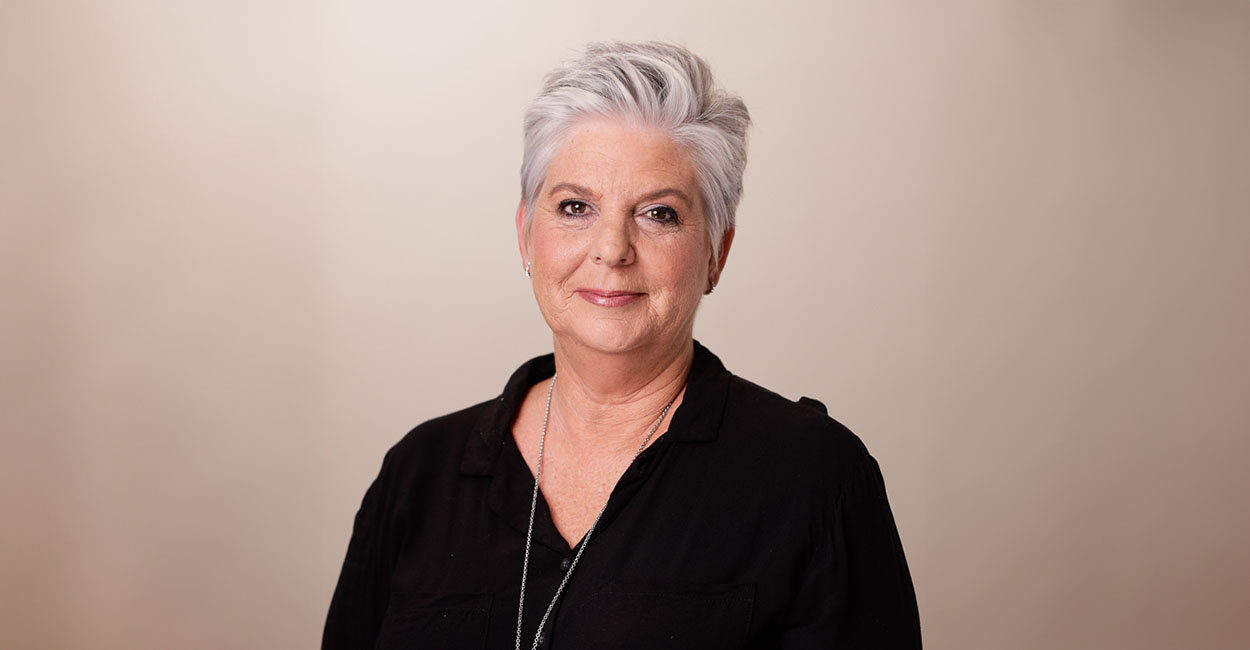MAIN IMAGE: Samuel Seeff, Chairman of the Seeff Property Group; Tony Clarke, Managing Director of the Rawson Property Group; Adrian Goslett, Regional Director, and CEO of RE/MAX of Southern Africa; Dr Andrew Golding, Chief Executive of the Pam Golding Property Group
Danie Keet
Debt holders face higher repayments following the latest announcement by the Monetary Policy Committee (MPC). The repo rate climbs by another 75 basis points to 5.5%, leaving the prime lending rate at 9%. This is the biggest increase since 2002 when a hike of 100 basis points was affected. It is also the fifth consecutive increase announced by the SARB.
Samuel Seeff, Chairman of the Seeff Property Group, says the 75bps rate hike has come as a bit of a shock since the market had expected a 50bps hike.
“Nonetheless, we have seen a notable deterioration in the inflation rate as well as the value of the Rand which has necessitated this drastic hike. This new interest rate reality means that property practitioners should now be aware that we are likely to see more of this aggressive stance with more hikes to follow in September and November and the prime rate back to the 10% pre-pandemic level by January 2023, if not earlier.”
On the upside for the market, Seeff does not expect it to have any dramatic impact yet.
“We have seen a continued strong market, albeit slightly down year-on-year, which has continued to keep agents busy. The interest rate, while climbing, remains positive for the market along with what is the best bank lending climate since the introduction of the 2007 National Credit Act. With buyers still able to find more favourable rate concessions and lower deposit requirements, there is still good business to be had in the market.
“That said, agents will now need to prep buyers to be mindful of the interest rate hiking cycle and to build that into their monthly repayment calculations to ensure they can absorb the higher interest rate. The banks will obviously also build this outlook into any calculations around affordability.
“From a sellers’ perspective, where we have already seen price growth slow to around 2% to 4%, asking prices are likely to come under pressure in most areas. Agents will need to double down on counselling sellers to ensure realistic prices to match the market,” Seeff said.
According to Tony Clarke, Managing Director of the Rawson Property Group, interest rates are important to the housing market. They determine how much we will have to pay to borrow money to buy a property, and they influence the value of real estate. Low interest rates tend to increase demand for property, driving up prices, while high interest rates generally do the opposite.
When the repo rate changes it affects changes in capital flows which can also have a direct impact on the supply and demand dynamics for a property.
The constant rising of interest rates, in a bid to curb inflation, creates a cooling off of the housing market and tends to slow house price appreciation. This will also drive rental rate inflation as landlords are under strain to make a decent margin.
“I feel that the hike was overkill and that a slower rate hike of 50 basis points, at this stage, would have been justified. It would have established a balance between using it as a tool to manage inflation or to be more attractive to foreign investment and the needs of South African households,” Clark said.
Unsurprised by this announcement, Regional Director, and CEO of RE/MAX of Southern Africa Adrian Goslett says that he is interested to see whether this latest cut will affect activity within the local housing market.
“While I do expect that buyer activity will take a knock following this latest hike, I am also optimistic that demand for real estate will remain strong. Interest rates are still roughly 1% lower than pre-pandemic levels and the housing market was still active when prime was at around 10% pre-COVID.
“Even after this latest interest rate hike, it is still more affordable to take out a home loan now than it was back in 2020, which leads me to believe that the property market will remain active despite the increasing interest rates,” says Goslett.
Dr Andrew Golding, chief executive of the Pam Golding Property Group, said it was inevitable that a decision would be taken to further increase the repo rate.
Of great concern to the Reserve Bank is the emerging evidence that price pressures are beginning to become entrenched – with higher input costs being passed on to consumers and rising living costs resulting in higher wage demands. While these developments made a clear case for raising interest rates, the Bank no doubt remains mindful of the weakening growth outlook both globally and locally.
“Significantly, banks retain their appetite for extending mortgages to homebuyers, which is providing a solid underpinning for the local housing market, even as we move into an era of gradually rising interest rates and increasing pressure on household finances.
“What we are seeing is that residential property is increasingly being seen by South Africans across all walks of life and in particular, the younger generation, as a sound investment class. Encouragingly, the demand for investment (or buy-to-let) properties continues to rise, increasing to 7.8% of total loans in June 2022, according to ooba, which is the highest level recorded since May 2010.
“While there may be headwinds facing the housing market, such as rising inflation, increasing interest rates and a sluggish local and global economy, an ongoing positive underpinning for the market is the appetite of financial institutions to extend credit. Not only are they pricing home loans competitively, but they are also requiring lower deposits as a percentage of selling prices than we’ve seen in over a decade. And as always there are always high demand areas in various regions, plus the semigration trend continues to coastal and more countrified areas for a variety of reasons, as well as sought after metros and commercial hubs. We remain optimistic regarding the ongoing resilience of and confidence in South Africa’s residential property market in 2022,” Golding said.








